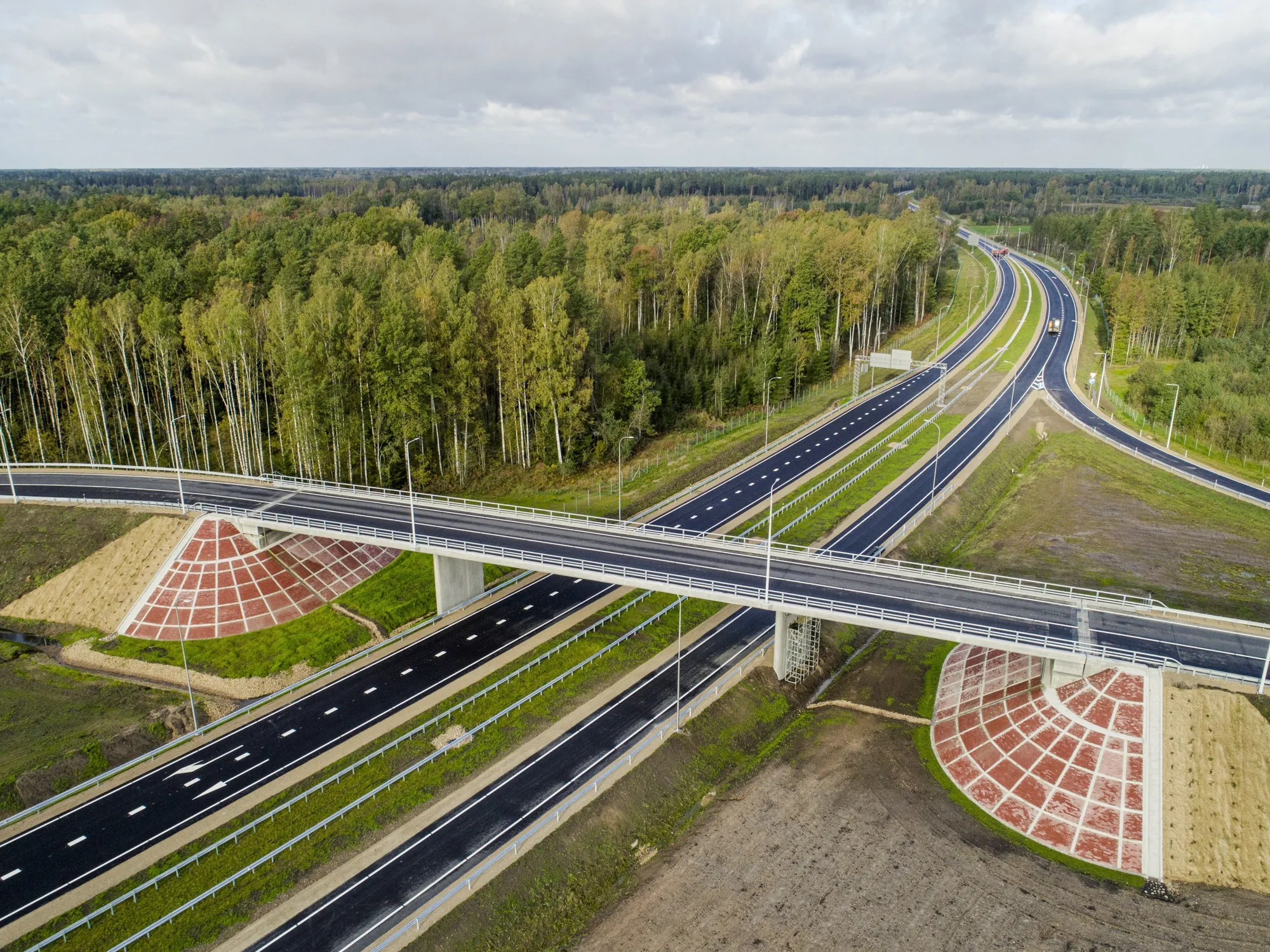Regina Bypass Partners, a subsidiary of Vinci Concessions, in partnership with Parsons Enterprises, Connor Clark & Lunn GVest fund and Gracorp Capital, has signed a public-private partnership contract with the Saskatchewan Ministry of Highways and Infrastructure with a term of 30 years for the completion and operation of the highway bypass of Regina, the capital city of the province of Saskatchewan in Canada.
The project, which represents a total investment of around US$1.4 billion, includes the design,
August 6, 2015
Read time: 2 mins
Regina Bypass Partners, a subsidiary of 5176 Vinci Concessions, in partnership with 4089 Parsons Enterprises, Connor Clark & Lunn GVest fund and Gracorp Capital, has signed a public-private partnership contract with the Saskatchewan Ministry of Highways and Infrastructure with a term of 30 years for the completion and operation of the highway bypass of Regina, the capital city of the province of Saskatchewan in Canada.
The project, which represents a total investment of around US$1.4 billion, includes the design, financing, construction, operation and maintenance of the 61 kilometre Regina Bypass, including 37 kilometres of new construction, 24 kilometres to be renovated and 12 interchanges, together with access roads and 38 civil engineering structures, for a total of approximately 400 lane-kilometres.
The Regina Bypass is the first transport infrastructure project to be completed in a public-private partnership scheme in the province of Saskatchewan. The bypass is part of the Trans-Canada Highway 1, which crosses the continent and plays an important role in movement of goods. It will also improve mobility by speeding up traffic flows and will increase traffic safety around the city of Regina.
Construction will be carried out by Regina Bypass Design–Builders, a joint venture of Carmacks Enterprises, a wholly-owned subsidiary of Eurovia, plus Vinci Construction Terrassement, Graham Infrastructure and Parsons Canada.
Following completion, which is expected to be in four years’ time, the motorway will be operated and maintained by Regina Bypass Operations and Maintenance, a wholly owned subsidiary of Vinci, for a period of 30 years.
The project, which represents a total investment of around US$1.4 billion, includes the design, financing, construction, operation and maintenance of the 61 kilometre Regina Bypass, including 37 kilometres of new construction, 24 kilometres to be renovated and 12 interchanges, together with access roads and 38 civil engineering structures, for a total of approximately 400 lane-kilometres.
The Regina Bypass is the first transport infrastructure project to be completed in a public-private partnership scheme in the province of Saskatchewan. The bypass is part of the Trans-Canada Highway 1, which crosses the continent and plays an important role in movement of goods. It will also improve mobility by speeding up traffic flows and will increase traffic safety around the city of Regina.
Construction will be carried out by Regina Bypass Design–Builders, a joint venture of Carmacks Enterprises, a wholly-owned subsidiary of Eurovia, plus Vinci Construction Terrassement, Graham Infrastructure and Parsons Canada.
Following completion, which is expected to be in four years’ time, the motorway will be operated and maintained by Regina Bypass Operations and Maintenance, a wholly owned subsidiary of Vinci, for a period of 30 years.









